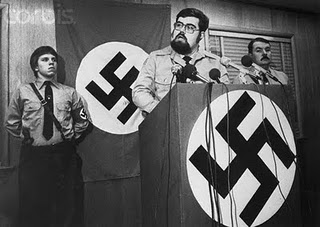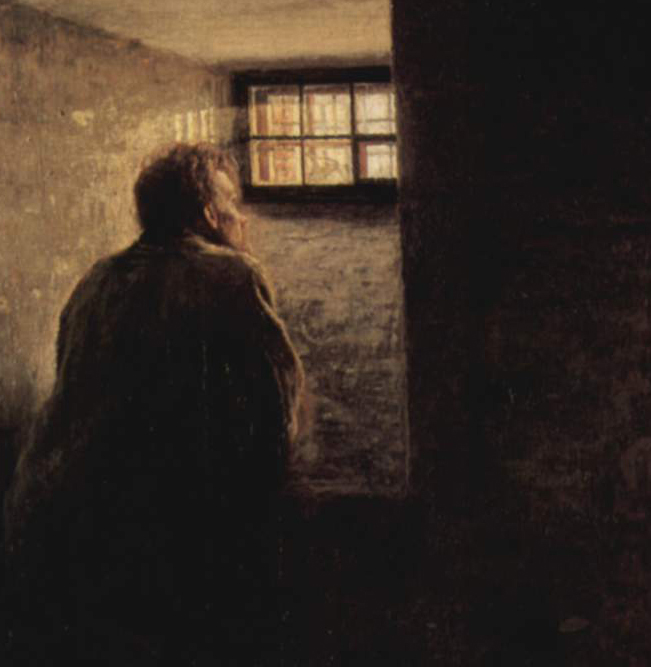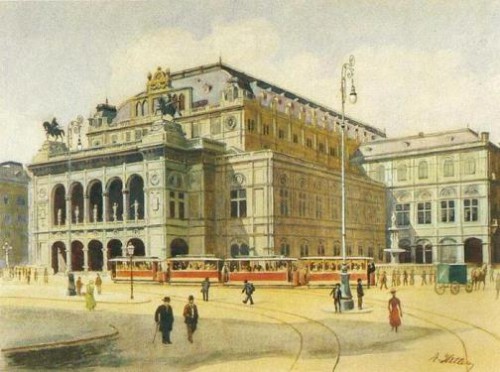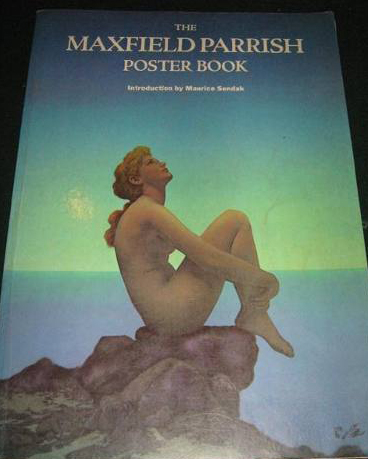for the new religion for Whites
In a previous thread Stubbs responded to one of my comments:
I have, and I’m not really a theist. I’m more along the lines of Pierce or Heidegger or something. The problem with trying to emulate the NSDAP on this one is that they were able to use a lot of “meta-political” work done prior. They had Kant and Hegel and Nietzsche and so on, which wasn’t ideal but was at least a start.
Their religious dogmatism was mostly limited to things like banning freemasonry or not letting atheists into the SS, which wasn’t “separation of church and state” but wasn’t exactly a reformation either. They had to deal with the same problem as us: ending nihilistic atheism through something besides Christianity. It requires a new way of thinking, but I don’t see how the German people of 1940 could have been ready for it. They hadn’t witnessed the collapse of their entire civilization, they weren’t going to believe that God was dead just because Nietzsche claimed it. Now we know.
Maybe I’m being a little too bombastic; I don’t really care whether “the Spirit proceeds from the Son who proceeds from the Father” or “both the Spirit and the Son proceed from the Father”, but that doesn’t mean religion shouldn’t be debated in the public sphere, as a matter of right and wrong, and not merely a “personal opinion” to be tucked away. I see secularism as a sort of spiritual pacifism, and pacifism on the highest questions (is there a God?) trickles down to even the most basic issues (who are we to say homosexuals can’t marry?).
So let me think of some fundamental questions that need to be answered: Why does it matter if the White race exists, if the rest of the humans are happy? Why does it matter if the White race continues to exist if I personally live my life out in comfort? Why should I be concerned with the White race if it only recently evolved from our ape-like ancestors, knowing that change is a part of the universe? Why should I be concerned with the existence of the White race if every White person is mortal, and preserving each one is futile? Why should I be concerned with preserving the White race if all White people who live will suffer, some horribly, and none would suffer if they were wiped out? Why should I as an individual put effort into helping my race when it’s very unlikely that my personal effort will tip the scales? Why should I bother living at all, if my life is not immediately entertaining to me?
These are big questions. Maybe no one in the 1930s would ask why Germans must survive, but Pierce’s student has become the norm in 2013. I don’t think we can just give a smattering of different reasons and call it good enough. We’re going to need answers, and we’re going to actually need to agree on what the answers are, and how we got them, and that means no separation between religion and politics. Incidentally, this also makes a Christian-pagan-atheist alliance very difficult, and I think each position will have to divorce itself from and, at most, work in parallel with the others. Eventually something will become “king of the hill” and it will flip the world upside-down.
♣
This is my response:
So let me think of some fundamental questions that need to be answered: Why does it matter if the White race exists, if the rest of the humans are happy?
That and the rest of your questions are easy questions—for me. But I acknowledge that trying to respond in a blog entry is extremely difficult (William Pierce tried to ponder along similar lines in the very first of his weekly speeches). The real problem with this topic is that it involves something that we may call “psychoclasses,” a subject I mention in those pages of my book where I try explain psychohistory.
If regarding music you belong to a superior psychoclass to those of the masses, you will find it impossible to “prove” your superiority unless you are a scholar of musical science (see e.g., this response by Roger to one of James’ articles on music at Counter-Currents). I can grasp what Roger says intuitively. But I am not a music scholar. I can’t use language to prove that those who like the crassest forms of pop music are spiritual degenerates. Similarly, it’s all too easy to recognize a beautiful or an ugly face you see in the real world, but when trying to use mere language to describe that face to, say, the police, you will see that you need a visual representation of it.
It is the same regarding your questions above. As I told you in that thread, to me the beauty of the white Aryan woman (some would argue that leptosomatic ephebes fall in this category too) could transform itself into a new myth. To use Michael O’Meara’s words in Toward the White Republic:
For it is myth—and the memories and hopes animating it—that shape a nation, that turn a “motley horde” into a people with a shared sense of purpose and identity, that mobilize them against the state of things, and prepare them for self-sacrifice and self-rule.
Myth, not race realism, not stats on black-on-white crime or an excruciating analysis on the Jewish problem, will create the white ethnostate. Let us not use only those old tones anymore when trying to communicate with the broader population. Remember those words written specifically by Beethoven (rather than Schiller) for his Choral symphony:
Oh friends, not these tones!
Rather, let us raise our voices in more pleasing
And more joyful sounds!
For the emergent individual, classical music is the manifestation of a spiritual stage; the crassest forms of pop music and sexual permissiveness, the manifestation of a degenerative, hedonistic stage. The problem with the new myth that potentially could galvanize Whites is, of course, that like music it cannot be articulated except by means of using the right hemisphere of the brain; in this case, the visual arts.
Terre et Peuple, Blut und Boden

Catalina, the crown of the evolution, a girl I met in 1980
The above illustration comes from the brush of the American painter Maxfield Parrish. That Westerners in general and Americans in particular have been degrading their psyches into descendent spirals since World War 2 is evident when keeping in mind that it was estimated that a copy of one of Parrish’s masterpieces, Daybreak, could be found in one out of every four American households in times when Hitler was in power.
Even later, when I was a child in the 1960s, I remember how the American and British cultures still celebrated spiritually the beauty of the Aryan woman. I was a child when the original Prince Valiant came up in every Sunday paper, a comic-strip where the female characters were depicted as hyper-Nordic beauties and the institution of marriage (and the femininity of women) was solid.
Whites need to evolve, make a quantum leap from their current degeneracy to their previous stage. This cannot be done as some young people in the movement say, by invoking the year of 1936—as the Spanish Civil War was, literally, the last ditch of the Christian era (ask me: who studied in the Madrid High School of Mexico City). Following Hegel’s dialectic I would say that Christian numinousity can be merged within its antithetical secularism, giving birth to a synthesis that would be neither Christian nor secular in the current liberal sense.
Let me finish this post with the last paragraph of my essay “Gitone’s magic,” a sort of Platonic response to Counter-Currents’ explicitly “gay” agenda:
I imagine modifying the Northwest Republic tricolor flag by means of placing the colors horizontally and adding the full image of Parrish’s Garden of Opportunity in its middle. Not because in our search for the inexplicable superiority of the Venusinian we males should try to imitate Gitone or Tadzio, which is impossible. But because only the unreachable archetype of the eternal feminine will lead the white race to the Absolute.
I don’t know why, but I confess that every time I read this last line I find myself almost on the verge of tears…






